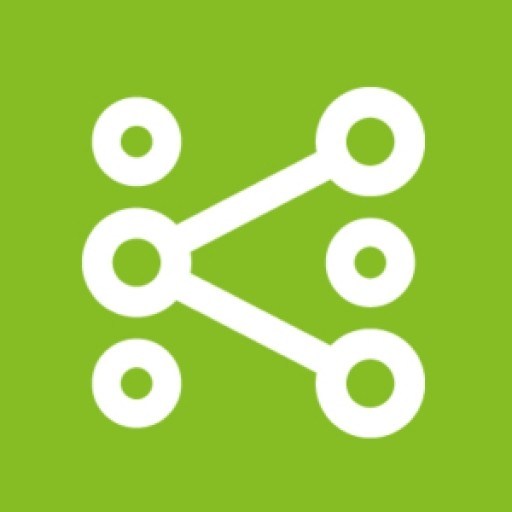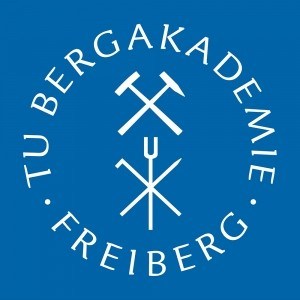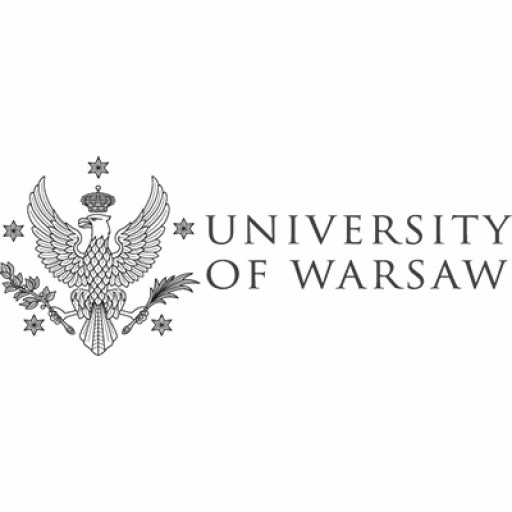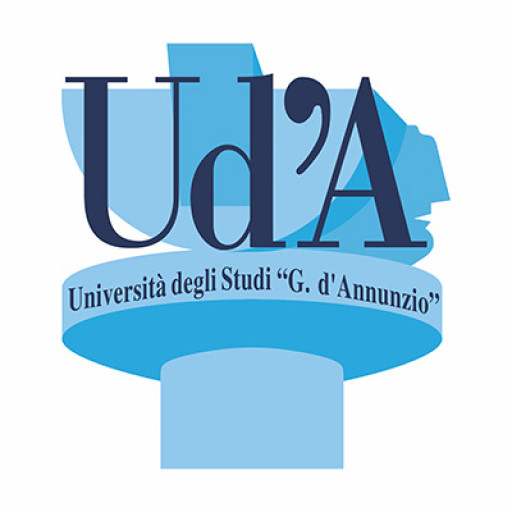Photos of university / #htwberlin
International and Development Economics at Berlin School of Applied Sciences offers students a comprehensive understanding of economic principles and their application to global development issues. The program emphasizes the analysis of international economic relationships, development strategies, and policy-making processes that influence emerging economies and developing countries. Students will explore key topics such as economic growth, poverty alleviation, sustainable development, trade policies, financial systems, and the role of international organizations in fostering economic stability and development.
The curriculum is designed to equip students with both theoretical knowledge and practical skills. Courses include macroeconomics, microeconomics, development economics, environmental economics, econometrics, and regional economic integration. Practical modules involve case studies, simulations, and projects in collaboration with international institutions and organizations, providing real-world experience and preparing students for careers in government agencies, international NGOs, consulting firms, and multinational corporations.
The program encourages critical thinking and fosters an understanding of the complex challenges faced by developing nations, including inequality, unemployment, and environmental sustainability. Students will also develop quantitative skills necessary for analyzing economic data and conducting policy research. The program promotes intercultural competence and international outlook, preparing graduates to work effectively in diverse and dynamic environments.
Graduates of the International and Development Economics program will be well-positioned for careers in international development agencies, economic research institutions, policy advisory roles, and global trade organizations. They will possess a solid foundation in economic theory, practical analytical skills, and a deep awareness of the social and political contexts influencing economic development. The program aims to produce globally-minded professionals capable of designing innovative solutions to promote economic growth, reduce poverty, and ensure sustainable development worldwide.
Educational organisation
The programme comprises three semesters consisting of 19 course modules, including a project and dissertation period of six months. Seven courses are compulsory (marked *). Additionally, five elective modules, as well as two supplementary modules must be taken.First Semester:
- Microeconomics and Development*
- Macroeconomics and Development*
- International Economics for the 21st Century*
- Theories of Development*
- Norms, Institutions and Social Progress
- Germany's External Relations
- Research Methods in Social Sciences
- Project Planning, Monitoring and Evaluation
Second Semester:
- Development Policies and Research Colloquium*
- Public Finance for Development*
- Social Protection in Low- and Middle-Income Countries
- Topical Issues of International and Development Economics
- Central Banking
- Financial Systems Development
- Regional Integration
- The State in Business
- Environmental and Resource Economics
- Development Cooperation
- Econometrics
Third Semester:
- Master's thesis seminar*
- Master's thesis (12 weeks)
Further information: http://mide.htw-berlin.de
Study abroad unit(s)
NoneInternships
An internship is not required. However, if students wish to do an internship during semester breaks, before writing their Master's thesis or after graduation, it will be supported by the programme.Forms of assessment
Forms of assessment include exams, papers, and presentations.Course objectives
Job opportunities upon graduation:The programme will prepare students to work in various areas related to developing and transitional countries and international economics. Graduates will be well equipped to work for government or non-government institutions involved in international economic and development cooperation. In developing and transitional countries, graduates will be ideally suited for positions in government departments, banks, consulting organisations, multinational companies, chambers of commerce or universities and other educational institutions.
Language requirements
- TOEFL paper-based: at least 580 points or
- TOEFL computer-based: at least 237 points or
- TOEFL internet-based: at least 96 points or
- IELTS grade 7.0
- CPE (Certificate of Proficiency in English), all levels
- CAE (Certificate in Advanced English), all levels
- BEC Higher (Business English Certificate)
- TOEIC 800 points or higher
If English was the official language of instruction for the first degree, please supply official proof. TOEFL or IELTS are not required in this case.
Academic requirements
A Bachelor's degree in economics or business administrationIf applicants do not have a degree in any of these subjects, they should have taken at least 12 economics and business administration classes (at least three in economics) to prove solid background knowledge in the field.
The first degree must be equivalent to a three-year German Bachelor's degree. It is highly recommended that applicants get in touch with the MIDE office (mide@htw-berlin.de) to find out whether the degree from a foreign country is equivalent.
Applicants with only three years of study or equivalent either must study an additional 30 ECTS at the university or prove that they have completed at least one year's professional employment or training since graduating. Applicants with an equivalent of three and a half or more years of study do not need to prove professional experience.
Applicants for a DAAD scholarship must have at least two years of professional experience.
Enrolment fees
There is a semester fee of approx. 302 EUR. The semester fee must be paid before the start of each of the three semesters of the programme. This semester fee includes a ticket for all public transport in Berlin as well as an administrative fee, and contributions to both the "Studentenwerk" (Student Services) and AStA (the Student Union).Costs of living
Students require approximately 800-900 EUR per month to cover living expenses:Accommodation: 300-350 EUR
Food: 200-300 EUR
Compulsory health insurance: 78 EUR
Cultural events: 100 EUR
Public transportation: included in semester fee
Job opportunities
International students are permitted to work 120 full days or 240 half days per year on a student visa. During the semester (April to July and October to February), we would advise students to concentrate on their studies as the programme is very intensive and will take up most of their time.In the semester holidays (August, September and March) there are normally no lectures or seminars and students may wish to work during these periods.
Arrival support
Upon request, a pick-up service from the airport is available. The support also includes help and advice on general issues regarding life and studies in Germany, e.g. opening a bank account, obtaining a residence permit, arranging health insurance, address registration etc.Services and support for international students
Intensive tutoring and counselling, optional German language courses, guest lectures and excursions, personal contact person for MIDE studentsAccommodation
Residence halls of the "Studentenwerk Berlin" are within three-minute walking distance from the university.Students may also wish to consider looking for a room in a shared apartment ("Wohngemeinschaft" or "WG" for short), which is how many German students live during their studies. There are also housing agencies known as "Mitwohnzentralen" which cater to a variety of accommodation needs.








